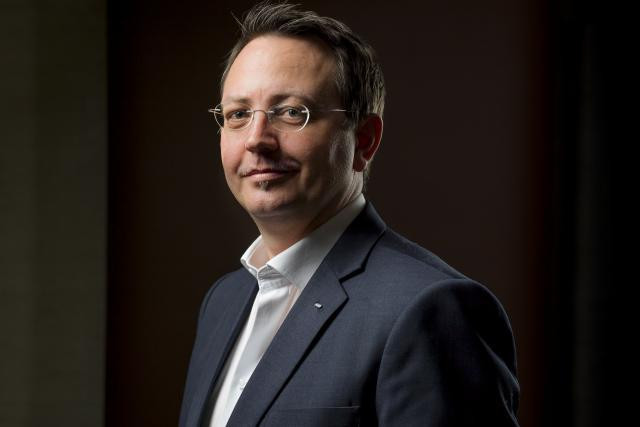Created in 1993, the CNE is a body under the auspices of the Ministry of Family and Integration. Its aim is to draft opinion papers either upon the request of the minister or on their own initiative in order to allow foreigners to have a voice in laws and policy making. Made up of 68 volunteers, 34 effective members and 34 substitute members, it has had an annual budget of €22,500 since 2014.
Historically and traditionally speaking, the CNE has not had the habit of communicating openly in the media about its works and achievements.
Few know that such an opportunity to give a voice to foreigners’ active citizenship and participative democracy exists and that it needs resources and talented and committed foreigners to be run at full capacity.
A “new” CNE working hard from 2012-2017
The current structure and functioning of the CNE is the result of the will of former minister of family and integration, Marie-Josée Jacobs, to “reboot” the CNE which, according to the former officials, was not ideally functioning even after 19 years of existence.
Thus, anyone stating the 2012-2017 mandate of the CNE has been “paralysed” is distorting the truth. Back in 2012, the CNE had to re-invent itself, redesign the rules, find its new working methods--a task it finished in 2013.
More than one-third of the CNE members have been working hard and against the odds. The archives of all executive board meetings, plenary meetings, thematic working committee meetings, participation in the AMIF Committee and the ALIA Consultative Assembly, as well as letters and opinion papers drafted and sent to the supervising ministry may be consulted with the secretary of the CNE, an employee of Olai.
Only CNE members who were not happy with the president not being them or one of their good friends, or not willing to commit their personal free time and not prepared to debate and convince the other members of their opinions, often in conflictual situations, did not collaborate.
Criticising the 2012-2017 CNE doesn’t make new mandate stronger
Creating positive change does!
Based on the principle that building upon experience is far more efficient than just criticising the past, an ad-hoc group of the current CNE members has drafted a series of recommendations to inspire the incoming CNE mandate.
Among those recommendations, two seem to be urgent to put in place. The first one is the dramatic lack of resources of the CNE. €22,500 is definitely not enough for a body like the CNE. Even more dramatic is that the CNE budget dropped from €27,000 to €22,500 between 2012-2014, as if integration and foreigner-related issues became less relevant for Luxembourg.
Compare it to the Social and Economic Council, or CES (Conseil économique et Social), which has an annual budget of over €1m, or the Women’s National Council (CNFL) which counts on €300,000 annually, or even the Competition Council (Conseil de la Concurrence) which functions on more than €900,000 a year. In a nutshell: important topics need important budgets.
The second is related to the fact that the CNE needs not only to work on its program but also to openly communicate. A job which is not publicly known is, unfortunately, considered by many as not done. An institution which does not communicate with the people it is supposed to represent is considered as non-existent. It is not right, but it is how it works.
Foreigners living in Luxembourg definitely deserve more and better than to hear and read people criticising an institution which is supposed to be their voice with the government. Foreigners in Luxembourg need a CNE which represents them with conviction, meaning and dignity.
Foreigners in Luxembourg need a CNE which has the right means, the appropriate methods and the program to create a positive change in our society.
